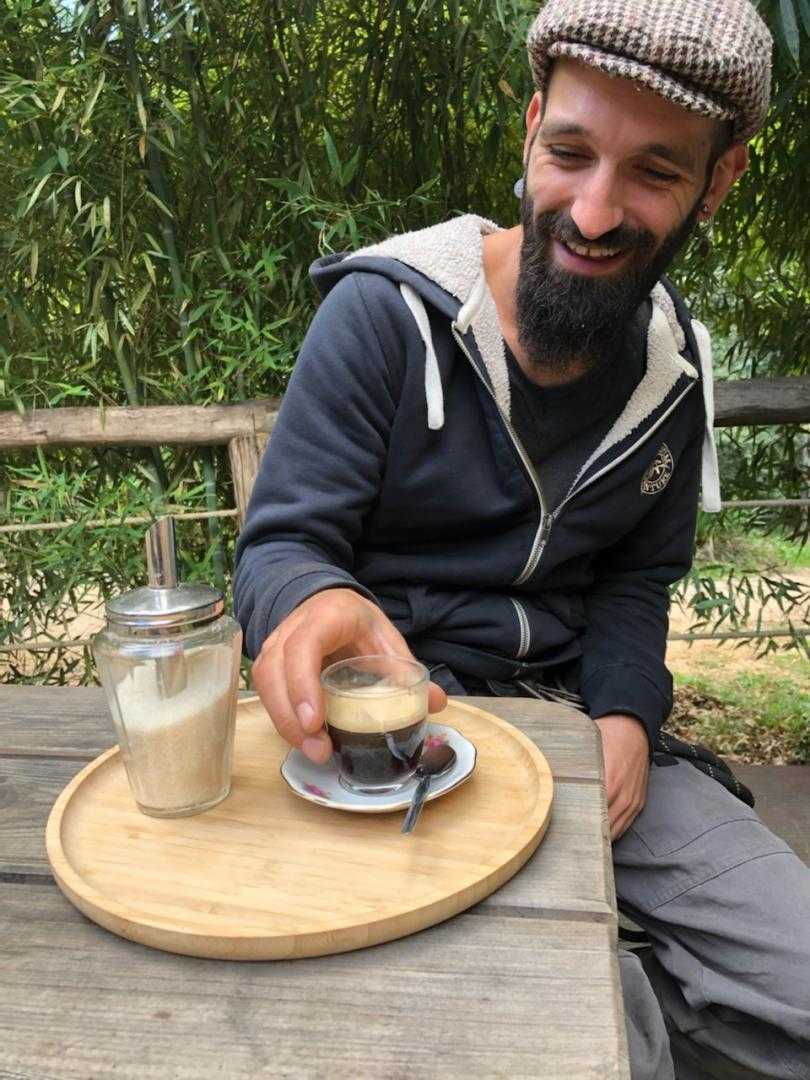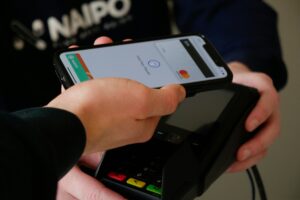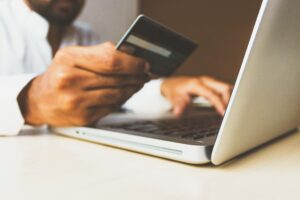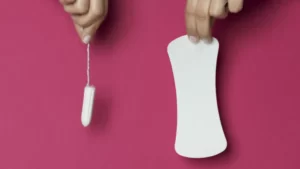The environmental impact of a tourist stay is clear: transport, accommodation, leisure activities, shopping... And, of course, catering.
Catering itself accounts for between 7 and 10% of emissions. This includes not only meals consumed in cafés or restaurants, but also snacks, which can be found at most leisure providers.
The question then arises: how can we reduce the negative environmental impact of this facet of tourism while meeting our financial targets?
We have tried to find solutions that can easily be applied to leisure facilities to create a sustainable snack, by asking our customers who have already embarked on this approach and seen how it boosts their economic performance.
But first, let's try to define the low environmental impact snack.
What is a "sustainable" snack?
- Zero waste. Or almost zero. The idea is to reduce the volume of packaging, particularly plastic, thrown away on a daily basis, so switching to reusable containers and avoiding individual packaging. To be able to say that your snack produces little waste, you need to think broadly and improve every stage of its production. Coffee served in glasses, but supplied in individual plastic or aluminum pods, is not quite zero waste.
- Anti-waste. You don't need a long explanation: it's all about keeping food out of the garbage can.
- Short-circuited. You need to use local suppliers to ensure that your catering offer is made up of local, seasonal produce. This will reduce the distance food travels and the carbon footprint associated with transporting it.
Many leisure providers have already turned to responsible snacking solutions. We're delighted to count among our customers entrepreneurs who have succeeded in striking a balance between their environmental approach and their business objectives.
Two of our customers have volunteered to share their experience and tell their story of the transition to sustainable snacking.
Testimonials
Focus on zero-waste and anti-wastefulness
Damienmanager of Jump Park Grenoble since 2017
Initially, it wasn't an ecological approach, but an economic one. The banks were asking us to review our cost bases and implement a savings plan. This involved a reorganization to reduce headcount, but also a more refined approach to what was costing me dearly every month in terms of purchasing.
I realized that I was buying loads of drinks for which I already had a problem with use-by dates before the confinement. On top of that, they were heavy to store. The idea was to bring down the cost of the product, but also to stop overfilling our garbage cans. We had an impressive amount of waste, with bottles even in the parking lot.
What's more, when we came out of these confinements, we found ourselves throwing away or giving away a considerable volume of products: we emptied 4 fridges on two occasions.
The first steps
That's when we quickly realized that the only things we could possibly keep were the syrups. Because before a syrup goes out of date, you've got to go!
That's where the idea was born.
Then we worked on the composition of our birthday tables. We used to have disposable tablecloths, plates and cutlery, but you had to plan ahead and buy them well in advance, and they were expensive. Now the only disposable thing is the napkin. We were able to flock our cups, but also our tablecloth. It's made of waxed canvas, and lasts a year, a year and a half.
All in all, we're making considerable savings.
How does it work in practice?
To compensate for these changes, we had to offer a wide choice, a wide range. We have over thirty different syrups. We use a machine with a CO2 bottle and syrup pouches. Then we said to ourselves: rather than just selling syrups, we're also going to offer a range of cocktails.
We've also developed our smoothies. Before, we used a machine with a pouch that lasted ten days. Except that when we'd only made one smoothie with that pouch, and after ten days we'd thrown the rest away, it made me sick to my stomach. So we started working with the Tamarindo company, which offers small bags of frozen fruit. This enabled us to double the range, because you can make milkshakes with them, you just have to add milk instead of water.
I used to have a chocolate maker that consumed over 2000 watts. I removed the chocolate maker and we started making our own hot chocolates. Now we have a whole range of coffees: cappuccino, mocha, syrups, honey... We can have fun with this range! By the way, I turn on the coffee machine when I have to, and in the evening I turn off everything except the freezers and fridges.
In terms of food, we work mainly with frozen products, which means we don't have to throw away a lot. In other words, I can make hot dogs on demand without having to take out a whole bag of bread or sausages, whereas before I had to throw away everything I hadn't sold. We also sell crêpes and waffles. We haven't found any packs of less than 10 crêpes, whereas we can make waffles by the unit. As a result, when a customer wants just one crêpe, we run the risk of throwing away nine, so we try to guide them towards a waffle instead. It's a sales methodology.
We also have a whole range of pizzas. Unfortunately, they come in little plastic bags, but we have a sorting system for that.
As far as juices are concerned, we have chosen to buy them in one-liter bottles, giving preference to glass bottles, which are then recycled. This allows us to avoid having small individual formats. We've also stopped using individual formats for ice creams, and are now working on ice cream sundaes and scooped ice creams. It also means we can use them for our crêpes and waffles.
We combine ecology and economy - we don't throw away any more, we remove as much paper, bags and boxes as possible. My next job will be to tackle the whole area of potato chip sales. How are we going to do that? Quite simply, we're going to start making French fries!
Challenges to overcome
In fact, working in the ecological or economic field inevitably involves purchasing materials, but you don't have to buy everything at once. You have to do things as you go along. Of course, a fridge costs over 2,000 euros, and a freezer less than 1,000 euros, but as soon as you switch to stainless steel, the price won't be the same.
In terms of our offer, another question arose: how would our customers react to not finding Pepsi or Coke in our range? In the end, we realized that people are flexible. They come to us and they consume what's there. As long as you offer them a very wide choice, it's even more rewarding in the end to do that than simply sell a bottle you take out of the fridge.
As for bottled water, which was by far our biggest seller, we thought - gosh, we're going to lose out on that. And indeed, we are losing some of that clientele. So what did we say? We'll let people leave with either a glass or a flask, which are on sale.
And the economic benefits?
In this whole process, we're saving a hell of a lot of money in our management. I've just about halved my purchases, if not more.
I've also gone from a margin of around 7-8% on the sale of ancillary products to between 20 and 30%, and there are days when I exceed 30%.
A message for readers
I can only encourage people to make this transition. There are a lot of professionals who live on prejudices, such as "how will my customers react if I stop selling Coke", etc. I tell them "you'll be able to sell something else!
It's as simple as that, and it doesn't hold back sales; on the contrary, it helps to showcase other products. Today, ecology and economy go hand in hand, and it really works. And I think that at some point, we too have to set a bit of an example. And people, our customers, appreciate it.
Visit their website
Short circuits, zero waste, and more!
Laurence, manageror PAH Parfum d'aventure since 2001

What triggered the transition?
From the outset, since the park opened 22 years ago, we have adopted an approach that we now consider to be eco-responsible. For us, it was common sense to use materials that were already on site, and to work in short circuits with people from the valley, both suppliers and employees. In our view, our site and the trees are a way of reconnecting people with the world around them, with their environment.
As far as the refreshment stand is concerned, the transition was quicker than we'd imagined: instead of taking several years, it was done in two seasons, not even that.
When we first started out, we were approached by major distributors of national brands. We accepted an offer for ice cream, because the salesman was our childhood friend, so it made sense for us to work with him. And then, the day he stopped working there, we said to ourselves - that's it, we've turned the corner, it's time to find another producer who suits us. So we found a producer of ewe's milk ice cream, less than 40 minutes from our home. She was just starting up and didn't have a distribution channel. We made a multi-year commitment, enabling her to plan ahead and have cash in advance. It was a real partnership.
And every time we've had the opportunity to find an alternative to the big agri-food production circuits, whether for drinks or food, we've done it.
This changeover began 10 years ago, so we've had a sustainable bar for around 8 years now: zero waste, zero plastic.
The first steps
The easiest way to embark on a zero-waste approach is not to go off in all directions, but to take something easy, a product that works and represents a certain amount of sales. In terms of zero waste, we started with coffee.
Back then, we had a Senseo-type coffee machine with pods we bought from a wholesaler.
We had sugar wrapped in paper, because at the time we were told that sugar had to be wrapped, for reasons of hygiene and so on. We didn't have plastic stirrers or plastic cups. But we did have little paper cups and spoons. So we looked for the most eco-responsible items.
So we replaced the paper cups with glasses, and the pods - with coffee beans. We changed our old machine for an automatic bean grinder, and then invested in a dishwasher, since we'd bought glasses. And from there, it's one thing after another. When you buy glasses, you say to yourself, if we're going to buy glasses, we're going to buy Made in France glasses. For the dishwasher, we chose an A +++++ energy-efficient model.
We were lucky enough to find an organic roaster nearby. Thanks to our discussions, after two years he replaced his plastic-wrapped craft packs with a deposit system that he applied to his entire network of customers.
I think this example can easily be reproduced by anyone who wants to go zero-waste and use short distribution channels. Of course, I'm lucky enough to have a coffee roaster not far from my home, but after that you can find bulk coffee in stores like Biocoop, Day by Day, etc. I'm also lucky enough to have a roaster not far from my home.
Two years ago, we switched from cane sugar from the French overseas departments and territories to beet sugar from mainland France. And we found good solutions by trying: first, we put the sugar in a bowl with a small spoon. We realized that this didn't work very well, and that's how we came up with containers with a spout.
How does it work in practice?
For our tea offer, we work with a producer in the Cévennes region. To replace canned drinks, we contacted a brewer, of which there are many in France. And we've replaced the cans of orange juice with local juices from our region.
As far as food is concerned, we offer baskets of vegetables (tomatoes, lettuce, cucumbers, etc.) from our own vegetable garden, which was originally intended for our own needs. We are now virtually self-sufficient, apart from the cheese. To manage this part of our business, we have hired a gardener.
In cases where we can't meet demand, we refer people to small local restaurants. This creates a whole network, a local economy.
Otherwise, for this year, as we don't always have enough to make a full basket, we're going to do some processing, and have invested in a mobile kitchen. Thanks to this, we'll be able to offer pies, salad platters and so on.
In fact, we've chosen to offer only vegetarian dishes. As long as you offer something of quality, people don't realize that they're not eating meat, and they don't mind.
And sustainable development isn't just about ecology. It's also a social commitment. Starting this year, we'll be offering meals to our employees at preferential rates. Among our seasonal workers, there are quite a few young students who don't have big budgets. It also enables us to raise their awareness, to show them that it's possible to eat properly, not go hungry and not eat meat, in the hope that these habits will continue in their student bedrooms.
Challenges to overcome
Obviously, all these actions require investment, but this pays for itself very quickly. In the first few years, we earn a little less because of depreciation, but we gain in quality, and that's really important. We could have raised prices slightly, but we didn't decide to do so.
Otherwise, in the context of climate change, a question about the problem of water arises. While water isn't an issue on our site's vegetable garden, it may be on our second plot. But we're adapting.
And the economic benefits?
We've increased our coffee sales because we talk about it so well!
You also reduce your workload and save time. With the zero waste approach, you save up to 1 hour, because you don't have to deal with any more garbage cans. And this time can be reinvested in marketing, events or reception.
We've found products like syrups where we can add good value, while offering a product that's not too expensive for consumers.
And then, over and above the purely economic benefits, this approach is also rewarding for me as a manager, but also for the people I work with. We have employees who belong to a generation that has become very aware of the need for sustainable development. And it gives meaning to their seasonal work. So it's also part of building loyalty. It has a much more positive impact than you might think.
A message for readers
I understand that it can be scary because it's harder to change your habits than to start from scratch, but it's really worth it. It's really rewarding! And then you have to get your teams, suppliers and stakeholders involved.
I'm not going back now.







